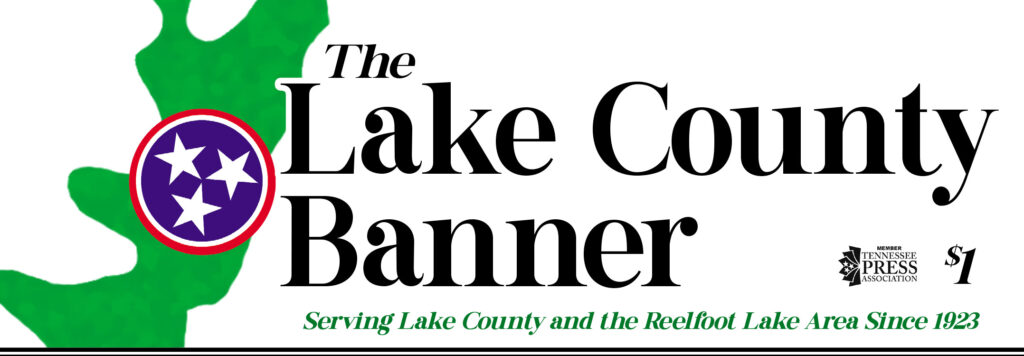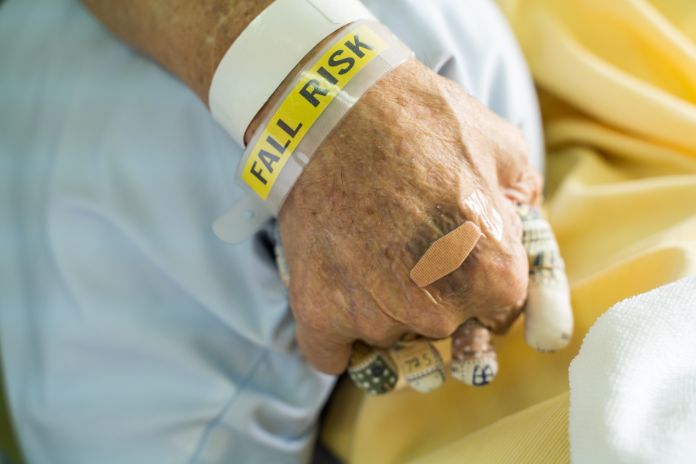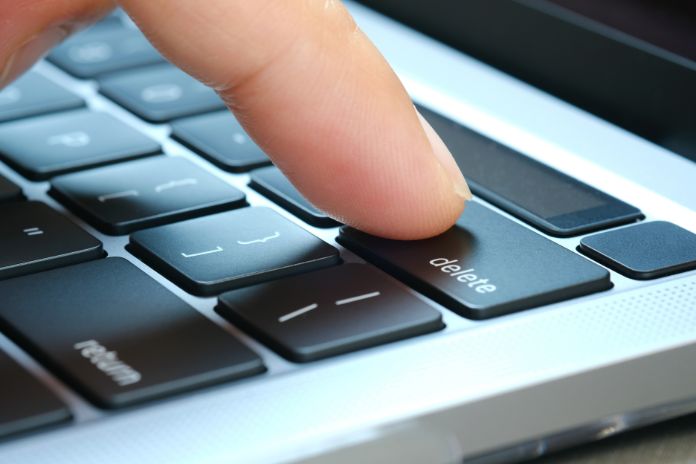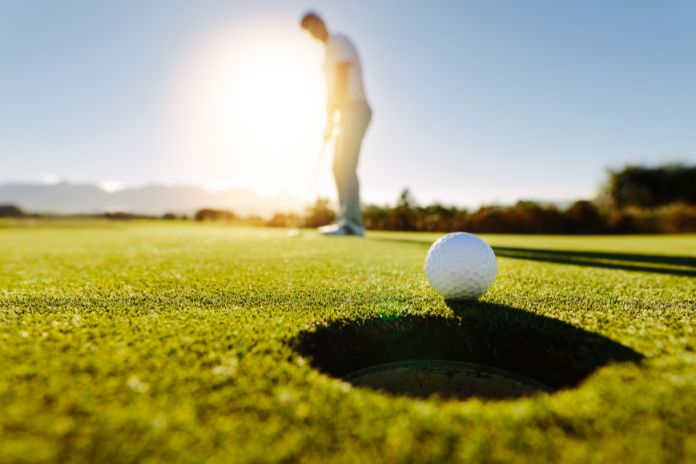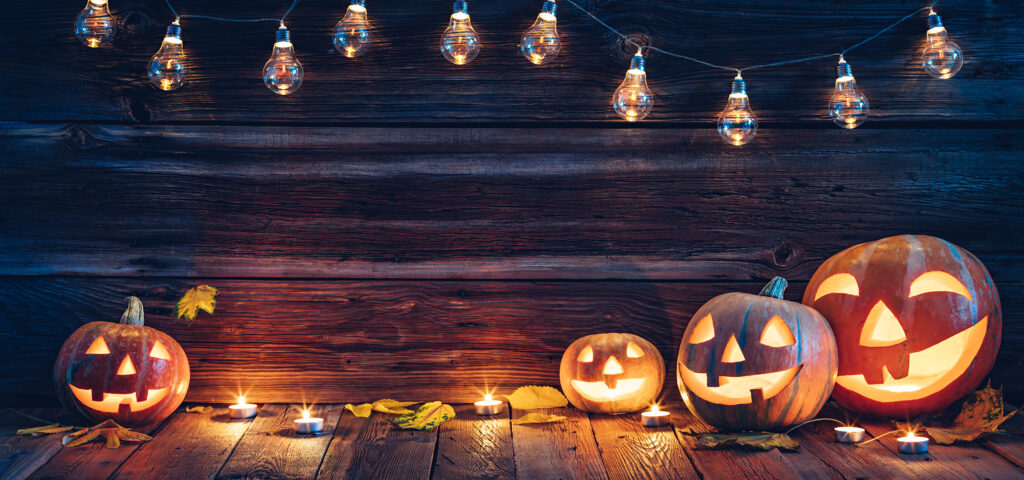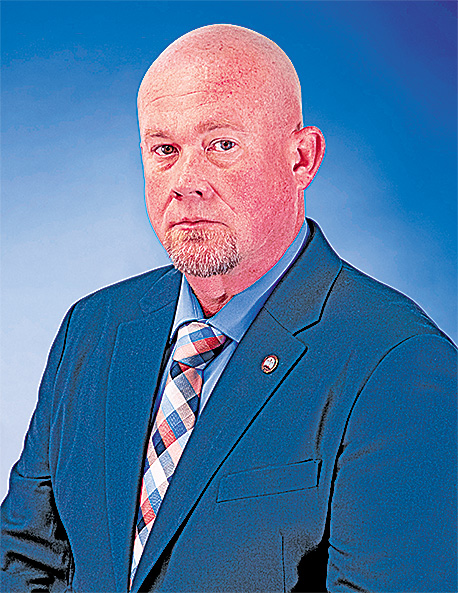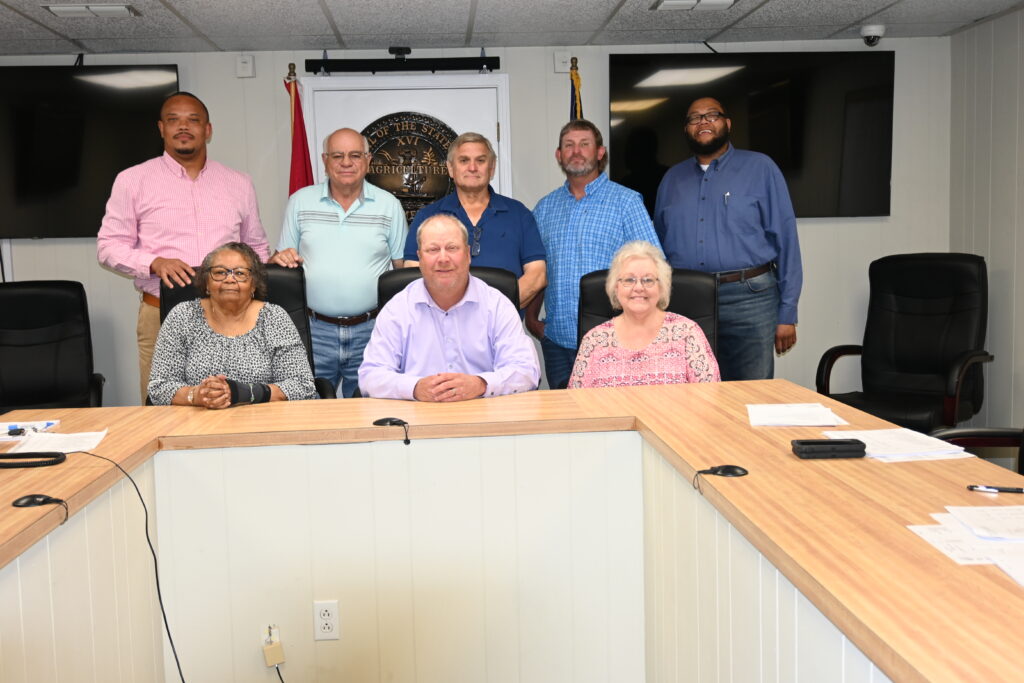Are you ready for when disaster strikes? The truth is, for many people, it’s not a matter of if disaster will strike—it’s when it will strike. Proper preparation for that disaster can sometimes even be the difference between life and death. If you want to be ready for the worst, check out this emergency preparedness checklist for beginners.
Think About Different Scenarios
Every checklist will look a little different depending on your family, your scenarios, and your environment. For example, if you live in California, you may worry about a catastrophic earthquake. On the other hand, while living in Florida, you’re probably more concerned about a hurricane.
You also need to consider your family size. Do you have a spouse and kids? Or pets? Plan accordingly to know what kind of emergency you’ll need to withstand.
Make Your Checklist
Once you know what kinds of emergencies you’ll likely need to endure, it’s time to start making your checklist. First, create a list of items that are ideal for potential disasters. Then, start building your emergency kit. This emergency kit should include the following items.
Food and Water
Food and water are must-haves. You want to have, at minimum, three days’ worth of food for the whole family (including pets,) but many people prefer to go up to two or three months of stockpile in their home. Typically, an emergency stockpile that can last about two weeks should suffice.
Tools and Shelter
Do you have all the tools on hand that you’ll need in an emergency? A basic toolkit, tarps, and the like can be useful to have, especially in the event that your home is no longer a safe or viable option for shelter. Sleeping bags can help you keep warm if you can’t heat your home.
One scenario to prepare for is a potential lack of power. This is where backup generators come into play. Plus, among the various benefits of having solar batteries at home, a major one is that you can always rely on them during power outages because they don’t have to rely on the grid.
Also, make sure that you have communication and lighting ready. More specifically, you should have a battery-powered radio and some sort of light, preferably a headlamp.
First Aid and Sanitation
First aid and sanitation will be crucial in an emergency, especially if someone in your family receives injuries. You need bandages and some sort of sanitizer at the bare minimum. You may need to have a tourniquet as well.
Items for Kids and Pets
As you set up your emergency kit, make sure you have any necessary child- or pet-specific items. Children and animals often need specific medications that are diluted down to dosages for their weight. You may also need formula or diapers for a baby.
Necessary Physical and Electronic Documentation
Finally, make sure that you have your collection of necessary personal documents. These documents can include birth certificates, social security cards, insurance policies, and more. Keep these in both electronic and paper format. Now that you have this emergency preparedness checklist for beginners, you can begin putting your plan together accordingly.
